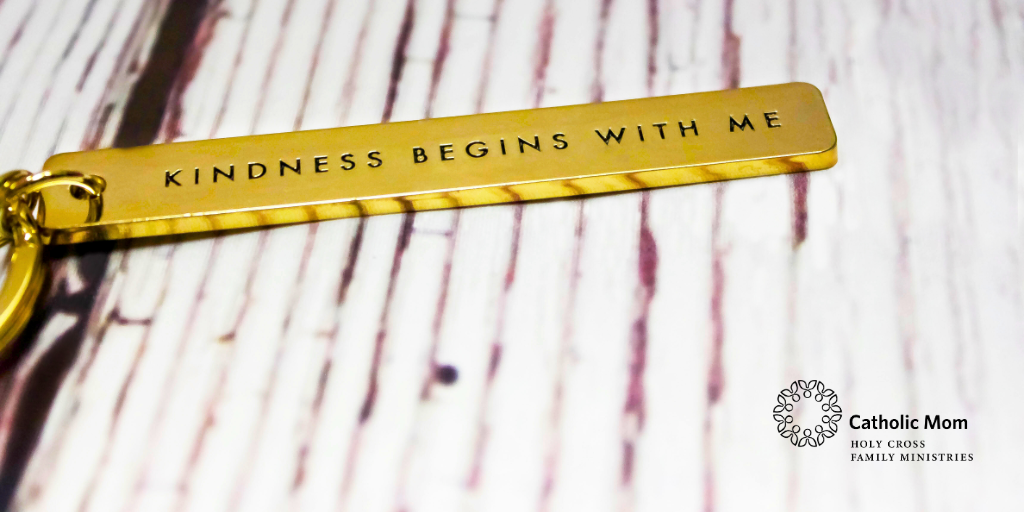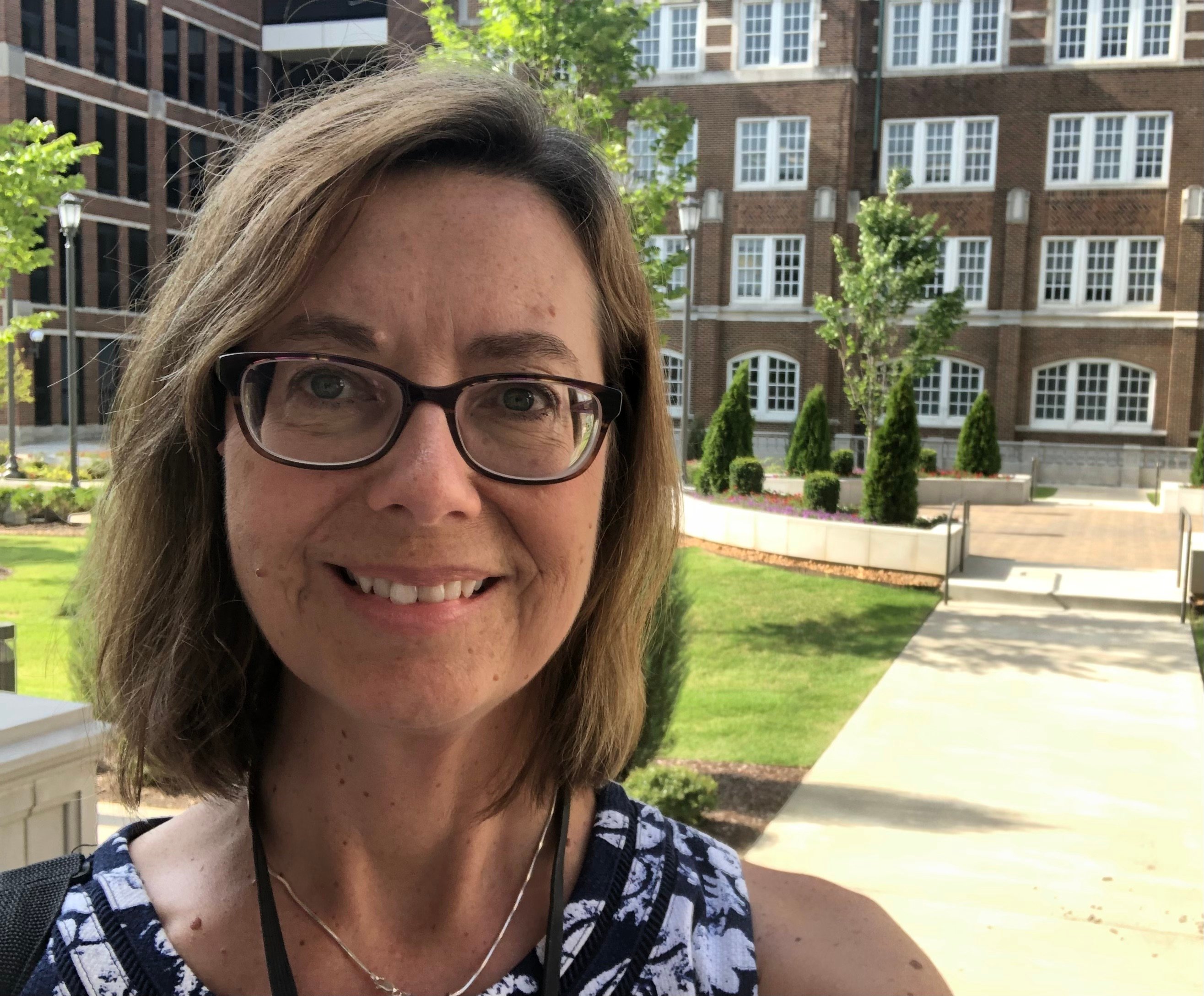
Leigh Ann Roman finds a new source of strength concealed in the simple virtue of kindness.
When I was growing up, kindness wasn’t held up as a virtue or an ideal. But I didn’t grow up as a Catholic or in a society imbued with Catholicism. I grew up in a region where people value strength and the ability to defend one’s family or way of life. I can remember my mother often warning me, “Don’t let yourself get walked on.” If anything, I associated kindness with weakness.
Of course, I was wrong. The importance of kindness cannot be overestimated, and I have never seen it more eloquently described than in The Hidden Power of Kindness by Father Lawrence Lovasik, a priest and prolific writer who published more than 30 books and more than 75 pamphlets including prayer books, Bible stories for children, and catechisms. His book on kindness is one to which I return often. It is underlined and dog-eared, but as I grow in my faith it makes more and more sense. In an increasingly polarized world, the gentle guidance offered by Father Lovasik is needed more than ever.

An Imitation of Divine Providence
Father Lovasik writes,
Kindness is our imitation of Divine Providence. ... Kindness, to be perfect and lasting, must be a conscious imitation of God. If you are earnestly conforming yourself to the image of Jesus Christ, sharpness, bitterness, and sarcasm disappear. (p. 4)
Father Lovasik, who went to seminary at the age of 12 and was ordained at 25, published this book in 1962. I discovered it on a bookstand at a local Catholic church as a special Lighthouse Catholic Media Edition. It is as also available on Amazon. In more than 200 pages, the book covers courtesy, charitable speech, works of mercy, and much more. But Father Lovasik also offers a quick, how-to guide in the early pages, encouraging his readers to become members of the Fraternity of Kindness, which requires no special enrollment. Here is how it works:
Joining the Fraternity of Kindness
Don’ts:
- Don’t speak unkindly of anyone.
- Don’t speak unkindly to anyone.
- Don’t act unkindly to anyone.
Dos:
- Do speak kindly of someone at least once a day.
- Do think kindly about someone at least once a day.
- Do act kindly toward someone at least once a day.
For any unkindness committed:
- Make a brief act of contrition.
- Offer an apology if possible.
- Say a brief prayer, such as “Bless N., O Lord” for the person to whom you have been unkind. (p. 10-11)
Father Lovasik reminds us that we make ourselves more unhappy than others make us. This self-inflicted unhappiness comes from our sense of justice being so often wounded by the daily events of life. But each kind action we offer helps restore the balance between right and wrong, he says.
That sounds like power, but it is kindness. There truly is power in daily, virtuous acts of kindness. I am consistently impressed by the wisdom offered by the Catholic faith and so grateful to have it as a touchstone. The teachings of the Church are slowly rewiring my thinking after an upbringing that focused more on survival and achievement than on love and self-sacrifice.

Understanding the Virtue of Self-Sacrifice
The Church’s emphasis on self-sacrifice is often misunderstood. It is not about extreme penance; instead, it is about sacrificing selfishness and self-centeredness: a revolutionary and much-needed concept in today’s culture.
Join me in the Fraternity of Kindness! I’m sure I will fail on many occasions. But it is better to try and fail than to not try at all. And remember, as Father Lovasik reminds us,
Your neighbor longs for a portion of your heart. Love cannot exist unless it is based upon the gift of self that is self-sacrifice. (p. 31)
Share your thoughts with the Catholic Mom community! You'll find the comment box below the author's bio and list of recommended articles.
Copyright 2025 Leigh Ann Roman
Images: Canva
About the Author

Leigh Ann Roman
Leigh Ann Roman is a Kentucky native and Catholic convert who makes her home in Memphis, Tennessee, where she works in higher education communications. A former newspaper reporter, Leigh Ann enjoys reading and writing about the Catholic faith. She and her husband have two grown children. Follow her on Instagram @Eaglestonroman


.png?width=1806&height=731&name=CatholicMom_hcfm_logo1_pos_871c_2728c%20(002).png)
Comments